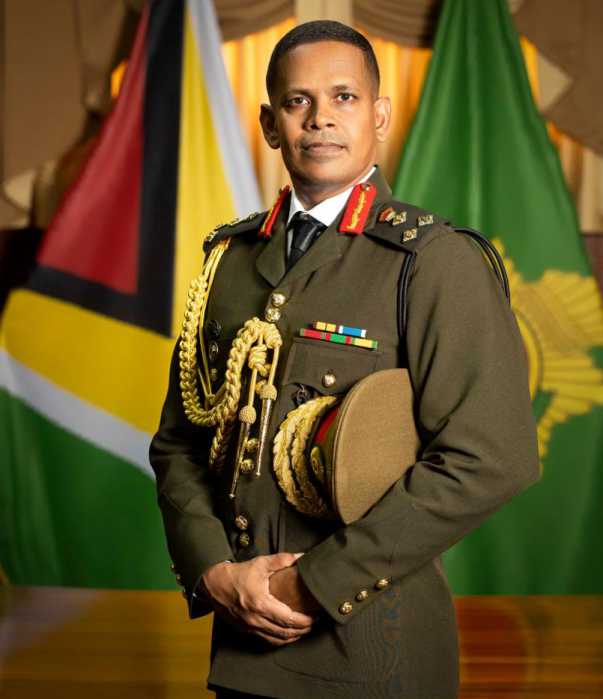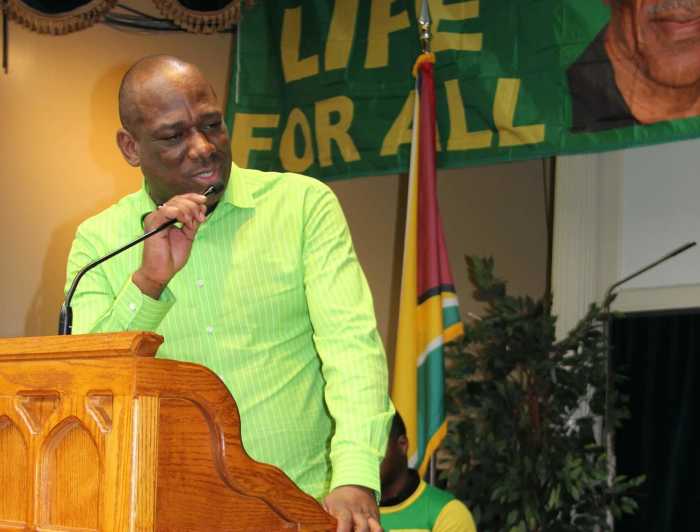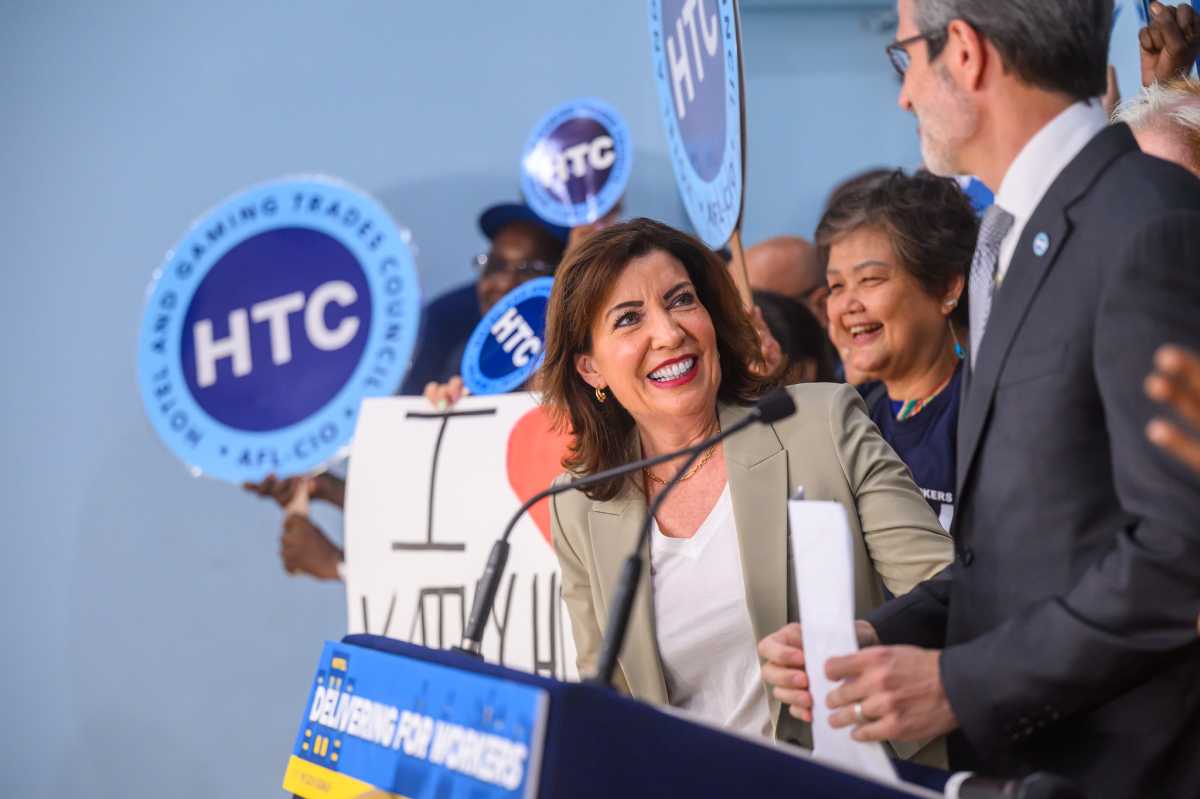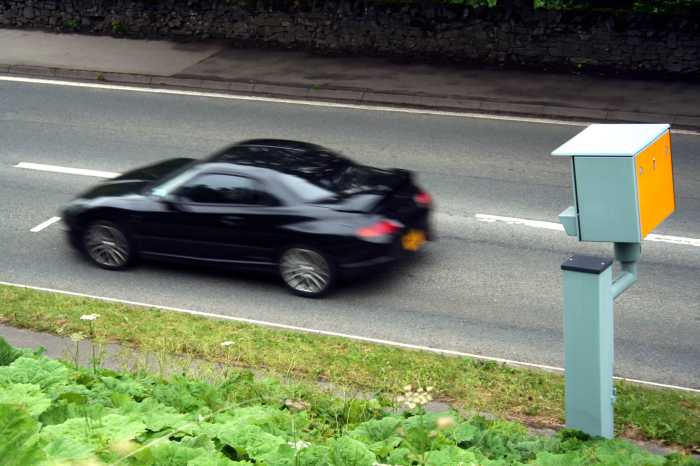Guyana’s elections commission was on Wednesday night fixing to announce a winner of presidential and general elections held on Monday but indications were up to press time that the main opposition grouping was unlikely to accept any result showing that they had lost to the incumbent People’s Progressive Party (PPP), which was seeking a fifth consecutive five-year term amidst widespread allegations of corruption, the spectacular growth of the narco trade and over-taxation of ordinary Guyanese.
A Partnership For National Unity (APNU) opposition that included the Afro-dominated People’s National Congress (PNC) has been steadfastly maintaining that its own statements from polling centers across the Caribbean trade bloc-headquartered nation showed it had won the key presidential slot by a slim but unspecified level, but the margin would not necessarily have given it control of the 65-seat single-chamber parliament if such were the case.
The PPP on the other had was maintaining that it had picked up as much as 53 percent of the vote in a scenario that would easily have given it control both of the seat of power in the country and the legislature where it will be easily able to pass the national budget and other key bills.
But judging from the heavy turnout in opposition strongholds, perhaps a record in the last 40 years and low rates in some government areas, any result giving the PPP victory was unlikely to be accepted by APNU supporters.
This is even as a few hundreds of them had assembled at party headquarters on Tuesday night and had to be calmed by a clearly agitated presidential candidate and former army commander David Granger.
Granger and prime ministerial candidate Rupert Roopnarine have both said that demands by the PPP for recounts in electoral districts three and four that included the city and areas across the Georgetown Harbor were unnecessary and that they “had no plans to support a recount or accept any results from recounts.”
Other senior APNU officials like David Hinds who teaches at Arizona State University, took to television channels to warn supporters to be “ready and revolutionary” to defend their first ‘win’ at the polls in two decades. A few dozen APNU supporters from the New York tri-state area and other eastern U.S. states were among those at party headquarters listening to appeals for calm and assurance that the APNU had won.
Sensing possible trouble, the umbrella pro-PPP Private Sector Commission, had rushed to meet with commissioners to urge them to speed up results as tensions had been rising and as stores and some government departments were sending home staff at midday out of fears that riots could ensue.
The elections commission said at midday Wednesday that it appeared that the national turnout was in excess of 75 percent, buoyed largely by record numbers from APNU supporters and those of the upstart Alliance For Change (AFC) which had won five seats in the 2006 polls largely at the expense of the PNC but which is trailing in counting so far on Wednesday.
Similar delays in releasing results in the 1997 general elections had led to riots, street protests and fire damage to stores. Many fear a repeat now if only APNU and AFC supporters think that the elections were stolen.

























